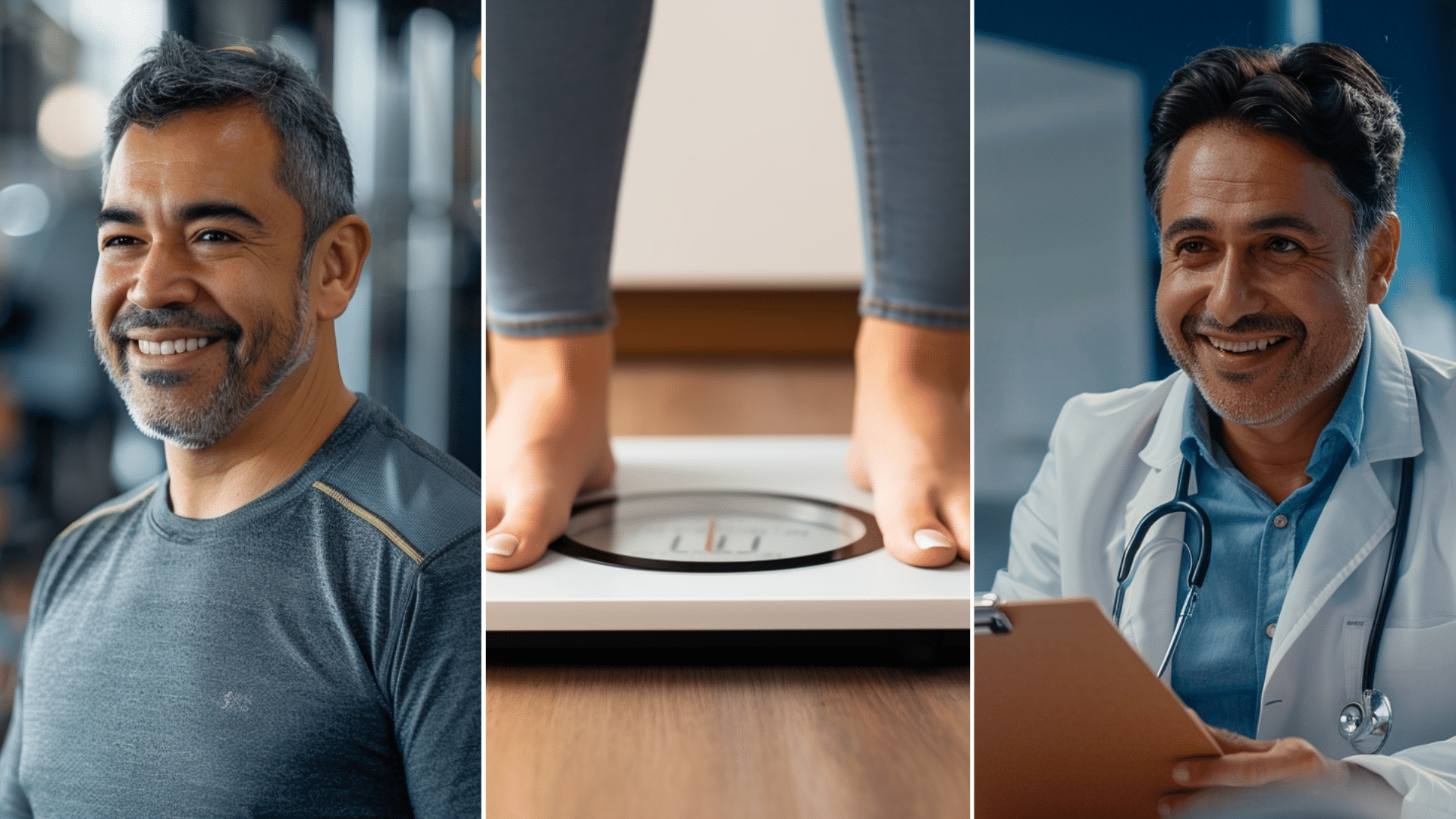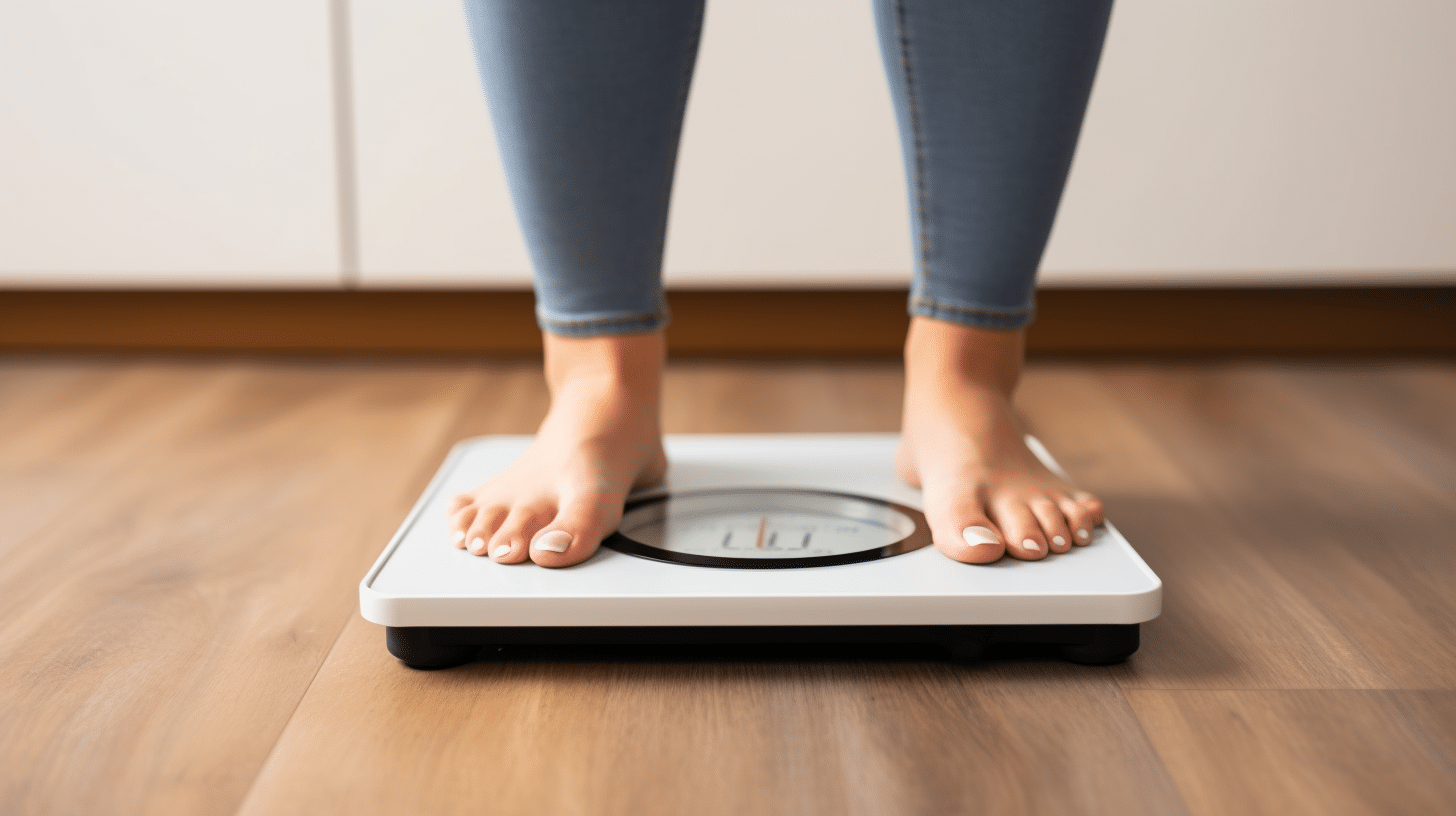
Unlocking Weight Loss Potential: Exploring Liraglutide and GLP-1 Receptor Agonists
Liraglutide, a medication categorized under glucagon-like peptide-1 (GLP-1) receptor agonists, has emerged as a notable contender in weight management strategies. By replicating the actions of GLP-1, liraglutide influences various physiological mechanisms crucial for weight loss. Administered through injections, it exerts its effects by curbing appetite, delaying gastric emptying, and augmenting sensations of satiety. These mechanisms collectively contribute to a reduction in calorie intake, fostering weight loss in individuals struggling with obesity.
Clinical investigations have corroborated the efficacy of liraglutide, particularly when integrated into comprehensive lifestyle interventions encompassing dietary modifications and increased physical activity. Notably, studies indicate substantial weight loss outcomes among obese individuals following such regimens. Moreover, liraglutide exhibits promise in ameliorating metabolic parameters, including blood glucose regulation and cardiovascular risk factors.
Glp-1 Receptor Agonist
In patients with type 2 diabetes, GLP-1 receptor agonists enhance glucose-stimulated insulin secretion from pancreatic cells. This helps to lower blood glucose levels, improve glycemic control, and reduce insulin resistance. Additionally, these drugs suppress the secretion of glucagon, a hormone that signals the liver to release glucose. By inhibiting glucagon secretion, GLP-1 receptor agonists further contribute to the management of hyperglycemia.
One significant advantage of GLP-1 receptor agonists in weight loss management is their ability to promote weight loss. This occurs due to their impact on appetite regulation and delayed gastric emptying, which help individuals feel fuller for extended periods. Consequently, patients on GLP-1 receptor agonists tend to consume fewer calories and experience weight loss over time.
However, it is essential to note that GLP-1 receptor agonists may have limitations. Some patients may experience gastrointestinal side effects, such as nausea, vomiting, or diarrhea. Additionally, these drugs are not suitable for everyone and should be used under the guidance of healthcare professionals.

Weight Loss Effects
One of the most common side effects of liraglutide is nausea, which can lead to vomiting, stomach upset, and decreased appetite. About 20-30% of patients using liraglutide experience these gastrointestinal side effects. Some patients may also experience diarrhea or constipation, although these side effects are less common.
Despite these potential side effects, liraglutide offers numerous benefits in weight loss management. It helps reduce body weight by suppressing appetite and promoting feelings of fullness, leading to reduced calorie intake. This medication also contributes to decreased body mass index and waist circumference.
It is essential to mention that liraglutide can affect blood sugar levels, especially in individuals with diabetes. Therefore, regular monitoring of blood sugar levels is necessary to ensure optimal control. This medication can lower blood sugar levels, so caution should be taken to avoid hypoglycemia.

Dosage
The recommended starting dose for liraglutide in weight loss management is 0.6 mg once daily. To achieve optimal glycemic control, the dose should be increased by 0.6 mg per week for the first four weeks, reaching a maximum dose of 3.0 mg once daily. This titration process allows the body to gradually adjust to the medication, reducing the risk of side effects.
In terms of injection sites, liraglutide should be administered subcutaneously in the abdomen, thigh, or upper arm. It is essential to rotate the injection sites to minimize the risk of lipodystrophy or injection site reactions.
Regarding storage requirements, liraglutide should be kept refrigerated between 36°F and 46°F (2°C to 8°C) until the first use. After the first use, it can be stored at room temperature below 86°F (30°C) for 30 days. It is crucial to protect the medication from light and moisture.

Administration
Instructions for administering liraglutide involve several essential considerations. First, it is crucial to follow the administration instructions provided by a healthcare professional. Liraglutide is administered via subcutaneous injection, and it is recommended to select injection sites with sufficient skin thickness and a healthy layer of fat, such as the abdomen area. The injection site should be rotated to reduce the risk of injection site reactions.
Another aspect to consider is the timing of liraglutide administration. It is typically recommended to administer liraglutide once daily, at any time of the day, with or without meals. Consistency in administration timing is essential for optimal effectiveness.
When initiating liraglutide treatment, healthcare professionals should consider reducing doses of insulin secretagogues to decrease the risk of hypoglycemia. Adjustments to the dosages of such medications, used to stimulate insulin production, may be necessary to maintain glycemic control while avoiding hypoglycemia.
Transforming Health with Liraglutide: Your Path to Wellness
As you contemplate your journey towards weight loss and improved metabolic health, consider the potential benefits that liraglutide, alongside GLP-1 receptor agonists, may offer. These medications, alongside personalized lifestyle interventions, can pave the way for significant transformations. To embark on a tailored weight loss consultation and receive expert guidance, contact Regner Health Solutions at (952) 900-3994. Take proactive steps towards a healthier, happier you today.
We proudly provide weight loss services for these areas of Bloomington, MN:
East Bloomington, North Corridor Park, East Bloomington South, West Bloomington, West Bloomington North, Nord Myr Park, Canterbury Park, Anderson Park, Bloomington Southwest, Bloomington South, Oxboro, Bloomington Ferry, South Loop District, Penn-American, Skriebakken Park, Heritage Hills Park, Lake Girard Park, Bryant Park, and Bloomington Northeast.
We also provide medical weight loss services for people from these areas near Bloomington, MN:
Minneapolis, Mendota Heights, Burnsville, Eagan, Edina, Richfield, Savage, Eden Prairie, Saint Paul, Hopkins, Prior Lake, Minnetonka, Shakopee, Mendota, Chanhassen, Lakeville, Rosemount, Excelsior, Chaska, Wayzata, Inver Grove Heights, Navarre, Minnetonka Beach, Farmington, South Saint Paul, Victoria, Spring Park, Long Lake, Carver, Newport, Saint Paul Park, Mound, New Market, Elko, Jordan, Webster, Cottage Grove, Maple Plain, Hamel, Saint Bonifacius, Osseo, Vermillion, Castle Rock, Loretto, Cologne, Waconia, New Prague, Hampton, Champlin, Lake Elmo, Hastings, Willernie, Circle Pines, Lonsdale, Randolph, Belle Plaine, Watertown, Delano, Rockford, Hanover, Hugo, and Cannon Falls.







